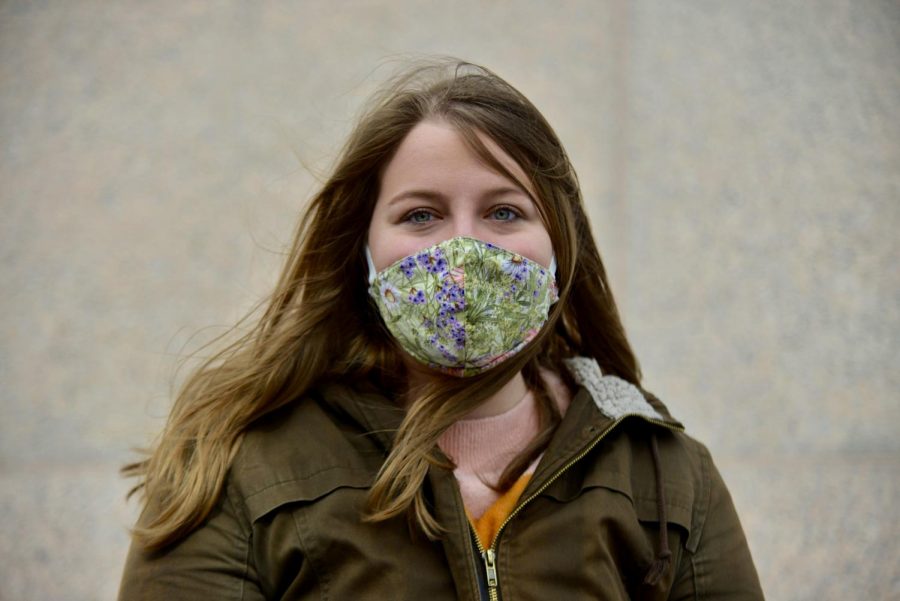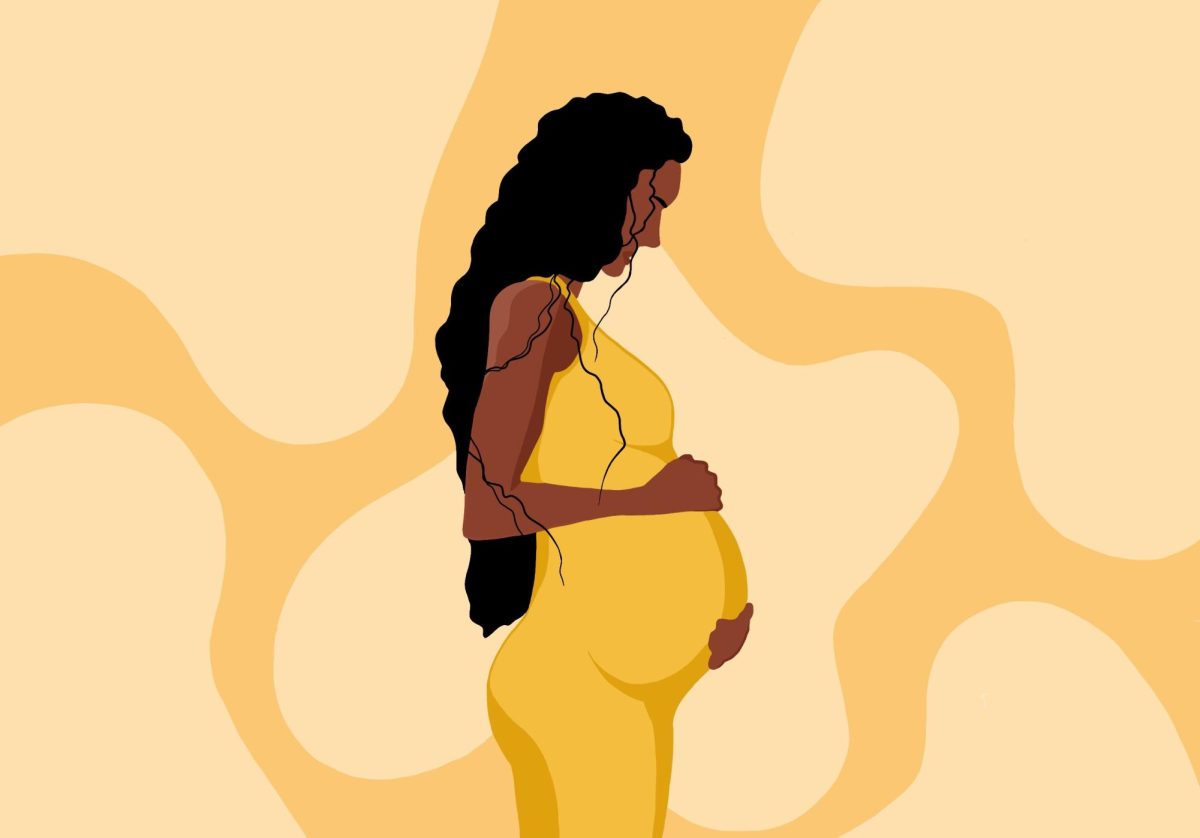The University of Minnesota student group UMN Climate Strike added a referendum on the all-campus elections ballot that asks the University to disclose its investments in fossil fuel companies.
The group received over 1,000 eligible student signatures supporting the referendum, passing the 800 signature threshold to get the referendum on the ballot. The question on the ballot will read: “Should the University of Minnesota publicly disclose all of the University’s endowment holdings and investments, including those in companies and investment firms that profit off the fossil fuel industrial complex?” Students can vote in the all-campus elections from March 22 to March 26.
Last year, the University confirmed that it indirectly invests in several fossil fuel companies, including oil company Chevron and gas company ExxonMobil.
UMN Climate Strike presented two referendums last year asking the University to begin divesting from fossil fuel companies and declare a climate emergency. Both passed with large support.
The group has reassessed its priorities due to the pandemic’s financial strain on the University and instead opted to advocate for something more achievable in the short term.
“I think we sort of shifted our focus away from divesting immediately because I know last spring we were trying to do divestment, but we realized that [it’s] a much bigger hill to climb than we thought it was going to be,” UMN Climate Strike member Melissa Fellrath said.
Savannah Wery, co-president of UMN Climate Strike, said that she believes the University should fully disclose these investments to the University community.
“One reason that the University is opposed to disclosure is if they don’t tell us where the money is, students can’t really get mad and fired up about it,” Wery said.
The Minnesota Student Association is working with UMN Climate Strike to pass a resolution asking the University to release a report disclosing the University’s investment in fossil fuel companies.
The resolution will be presented at MSA’s forum in the coming weeks.
“It’s not just about the climate. It’s about so many things beyond that because climate justice is tied to racial justice/injustice for Indigenous and immigrant communities,” Fellrath said. “Knowing what we’re investing in is a step in the direction of mitigating the harms against all of these communities.”



















